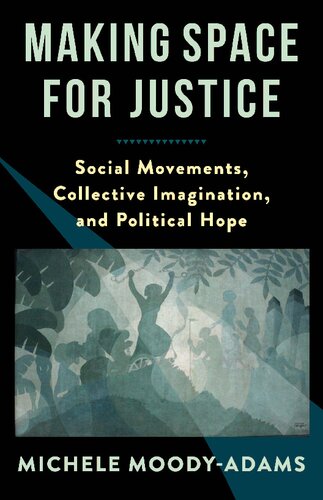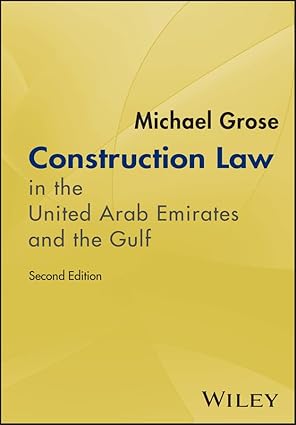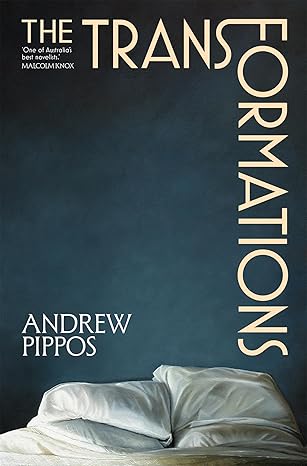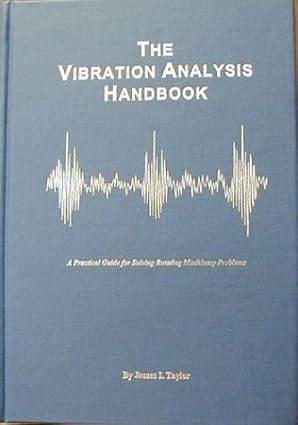Great streams are not easily turned from channels, worn deep in the course of ages. —Frederick Douglass M aking Space for Justice poses a question rarely asked by philosophers: How might understanding the activities and methods of social movements seek- ing justice help to answer fundamental questions about the demands of justice and advance important debates about what it takes to satisfy those demands? This book argues that what we learn from progressive social movements could be transforma- tive for philosophical theory as well as for political practice.1 From the abolitionist movement of the nineteenth century to twenty-first-century movements such as #MeToo and Black Lives Matter, progressive social movements have been well- springs of constructive moral inquiry as well as transformative political action. Indeed, as Michael Walzer urged in Interpre- tation and Social Criticism
چکیده فارسی
جریانهای عالی به راحتی از کانالها خارج نمیشوند و در اعصار گذشته فرسوده میشوند. «فردریک داگلاس فضائی برای عدالت» سؤالی را مطرح میکند که به ندرت فیلسوفان از آن میپرسند: چگونه ممکن است درک فعالیتها و روشهای جنبشهای اجتماعی عدالتجو به پاسخگویی به سؤالات اساسی در مورد مطالبات عدالت و پیشبرد بحثهای مهم درباره آنچه برای ارضای آن نیاز است کمک کند. آن خواسته ها؟ این کتاب استدلال میکند که آنچه از جنبشهای اجتماعی مترقی میآموزیم میتواند برای نظریه فلسفی و همچنین برای عمل سیاسی دگرگونکننده باشد. از جنبش لغو قرن نوزدهم تا جنبشهای قرن بیست و یکم مانند #MeToo و Black Lives Matter جنبشهای اجتماعی مترقی سرچشمههای تحقیق اخلاقی سازنده و همچنین کنش سیاسی دگرگونکننده بودهاند. در واقع، همانطور که مایکل والزر در تفسیر و نقد اجتماعی اصرار داشت
ادامه ...
بستن ...
In this context, philosophical humility involves acknowledg- ing that social movements frequently produce knowledge that makes indispensable contributions to social and political thought. As sociologists Ron Eyerman and Andrew Jamison have argued, social movements “are best conceived of as temporary public Introduction Z 3 spaces, as movements of collective creation that provide societ- ies with ideas, identities, and even ideals.” 4 On this view, social movements are essentially “forms of cognitive praxis.” Eyerman and Jamison focus on the “socially conditioned” and locally valuable knowledge that social movements produce. But I will urge that the value and validity of at least some insights emerg- ing from the criticism and struggle of social movements cannot be limited by social or cultural boundaries. This is particularly true of the moral insights social movements produce through what I call “engaged moral inquiry.” Here, I follow William James in holding that “we all help to determine the content of ethical philosophy so far as we contribute to the [human] race’s moral life.” 5 Yet I also explore the insights that social movements have generated about how to realize justice, since such insights are critical to bridging the gap between intelligent theory and effective practice. Some insights in this category will necessarily be socially conditioned and mainly relevant to particular locales. This book is not the first contribution to political philosophy to take social movements seriously. Philosophers such as David Lyons (on confronting historical injustice), Sally Haslanger (on social movements and ideology), Candace Delmas (on the duty to resist), and Chris Lebron (on Black Lives Matter) have made important contributions to our understanding of the work that many social movements do.6 Moreover, central theories defended by John Rawls, on civil disobedience, and Iris Young, on the “politics of difference,” seek to construct philosophical arguments by relying on important ideas and ideals associated with social movements. I discuss the relevant aspects of Rawls’s views in chapters 1 and 4, and important themes from Young’s work in chapters 2, 3, and 7. But Making Space for Justice is the first book to approach the criticism and struggle carried out by social move- ments with robust philosophical humility
ادامه ...
بستن ...










